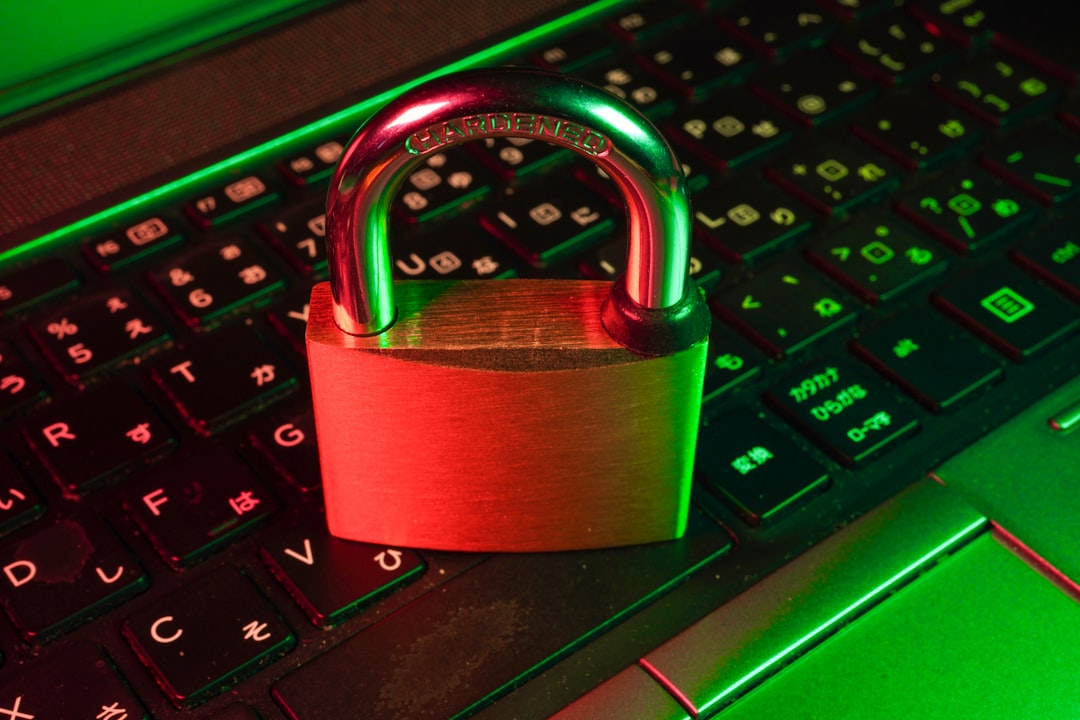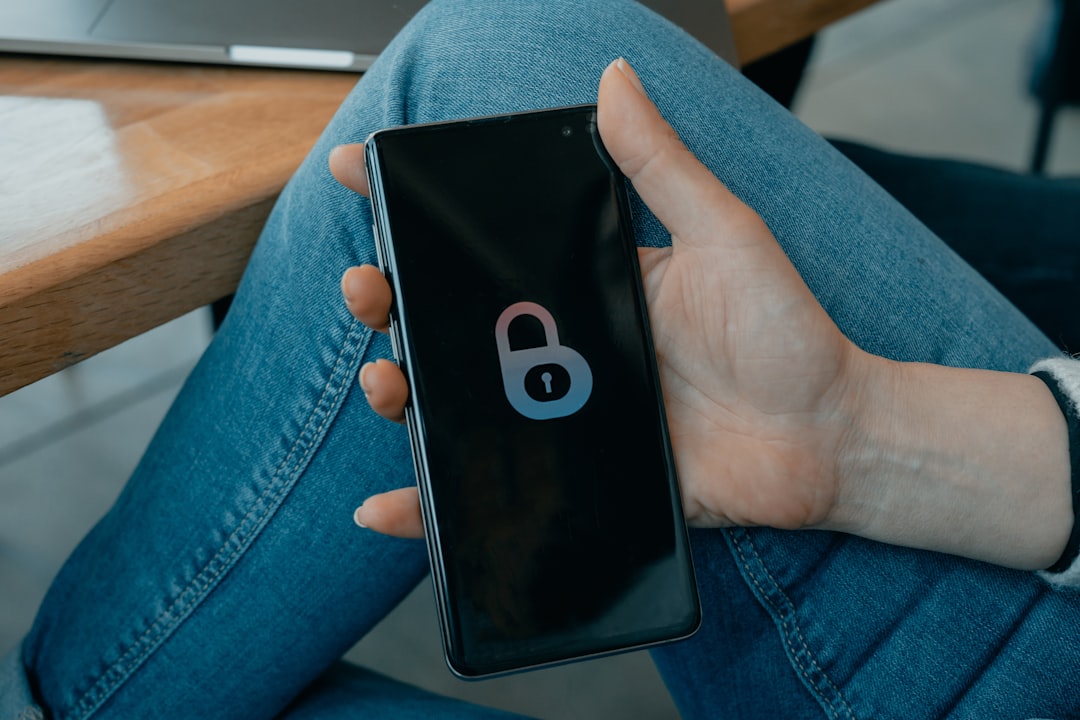In our increasingly interconnected world, security has become a paramount concern. From smartphones to laptops, from banking information to personal data, our lives revolve around technology, making it crucial to prioritize security. In this blog post, we will delve into the importance of security in safeguarding our personal and professional lives, and provide practical tips to enhance digital security.
In the digital realm, security refers to the protection of information from unauthorized access, disclosure, alteration, or destruction. It encompasses a wide range of measures such as encryption, secure passwords, two-factor authentication, and secure networks. Without proper security measures in place, we expose ourselves to a myriad of risks, including identity theft, financial loss, and even reputational damage.
Online security threats are ever-present, and cybercriminals are continuously devising new techniques to breach security systems. Therefore, it is crucial to be proactive and stay informed about the latest security trends and best practices. By taking proactive steps and implementing robust security measures, individuals and businesses can significantly reduce the risk of falling victim to online threats.
One of the first steps towards enhancing security is to ensure the strength of passwords. Weak passwords are one of the most common vulnerabilities that cybercriminals exploit. It is essential to create unique, complex passwords that are difficult to guess. Another recommended practice is to enable two-factor authentication whenever possible. This adds an extra layer of security by requiring users to provide evidence of their identity with a second-factor, such as a code sent to their mobile device.
Furthermore, regularly updating software and applications is crucial to maintaining security. Software updates often contain patches or bug fixes that address vulnerabilities discovered by developers. By keeping our devices up to date, we ensure that the latest security measures are in place to mitigate potential risks.
Securing our networks is also of utmost importance. Public Wi-Fi networks are notorious for being hotspots for cybercriminals. It is highly advisable to avoid connecting to unknown or unsecured networks, as they can expose personal data and allow unauthorized access to devices. Instead, opt for private Wi-Fi networks or use a Virtual Private Network (VPN) to encrypt internet traffic and provide a secure connection.
In addition to individual security practices, organizations must prioritize security to protect sensitive customer data. Data breaches have become all too common, resulting in severe financial losses and damage to a company’s reputation. Implementing robust security measures, such as firewalls, intrusion detection systems, and data encryption, is crucial to safeguarding customer information.
Encryption is a vital security measure that converts information into a code that can only be deciphered with an encryption key. By using encryption, even if data is intercepted, it remains unreadable without the correct decryption key. Businesses should ensure that all sensitive information, both at rest and in transit, is encrypted to mitigate the risk of data breaches.
Finally, fostering a culture of security awareness is essential. Educating employees, friends, and family about the importance of security practices can go a long way in preventing cyberattacks. Regularly conducting security awareness training and emphasizing the significance of strong passwords, phishing awareness, and safe browsing habits can help create a united front against potential threats.





